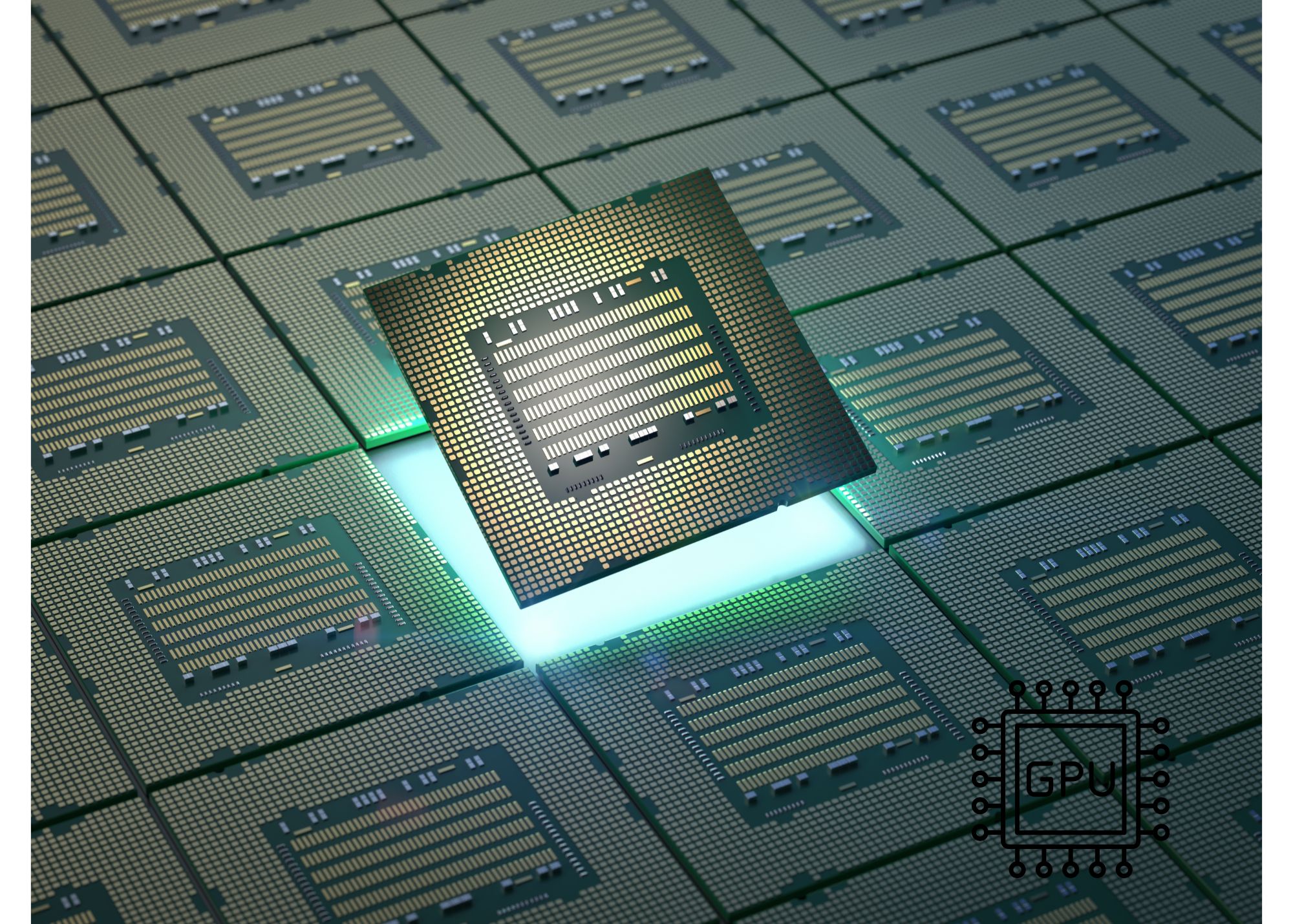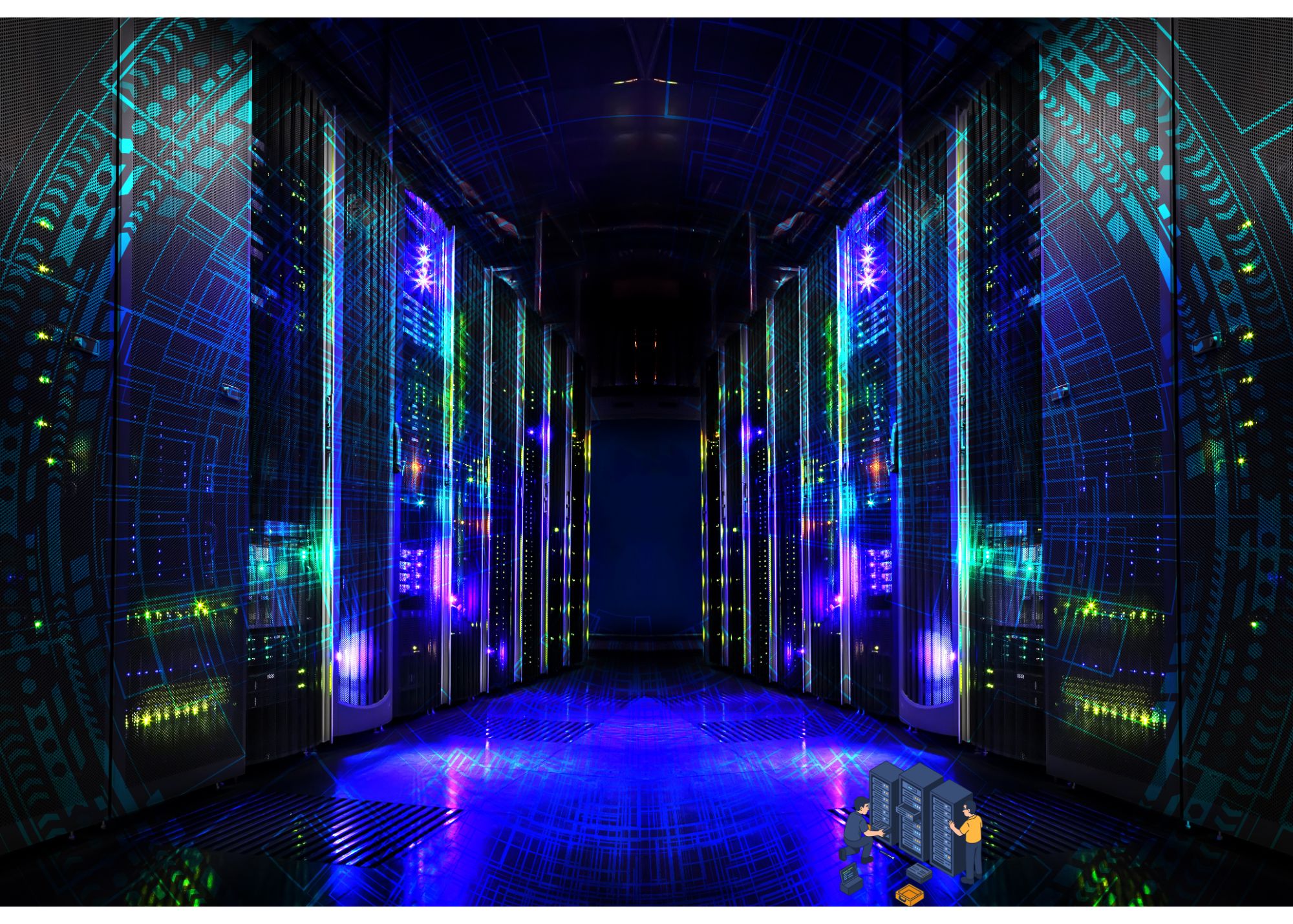Nvidia Just Matched Microsoft in Value, So Is It Still a Smart Buy?
Nvidia (NASDAQ: NVDA) just pulled off something extraordinary, again. Fiscal Q1 2026 numbers weren’t just good, they were extraordinary.
Management reported a top line of $44.1 billion, up 69% from the same time last year, and 12% higher than the previous quarter. Net income was an eye-popping $18.8 billion, and that’s in spite of a $4.5 billion charge tied to new U.S. export restrictions.
Better yet, $39.1 billion of that revenue came from Nvidia’s data center division alone, up 73% year-over-year. That number is important because it speaks to where Nvidia’s future really lies, not in gaming or graphics cards, but in powering the backbone of global AI infrastructure.
And that future is capital-intensive. Which is why Nvidia isn’t just raking in cash, it’s also reinvesting at a breakneck pace.
Building for an AI World (Literally)
In a move that flew under the radar, Nvidia recently announced plans to start manufacturing AI supercomputers right here in the U.S., partnering with firms to build out new production facilities.
By shifting production stateside, Nvidia isn’t just dodging potential tariffs, it’s signaling to regulators and policymakers that it’s part of the solution, not a national security problem. That could help protect the company as tech tensions with China escalate.
Speaking of which, the China problem is bigger than it looks. In early April, the U.S. government suddenly required Nvidia to secure a license before shipping its H20 AI chips to China. These were already a big part of the company’s sales strategy and accounted for $4.6 billion in revenue last quarter alone.
Then came the hammer, which was $4.5 billion worth of chips became dead inventory, and another $2.5 billion in orders couldn’t be fulfilled in time. Just like that, nearly $7 billion was wiped off Nvidia’s sales radar.
That’s more than just a speed bump. China’s AI chip market is approaching $50 billion, and with U.S. companies increasingly sidelined, Nvidia is at risk of permanently ceding ground to competitors like Huawei, which are ramping up domestic alternatives.
Tariff Roulette and Legal Limbo
Investors got a temporary sigh of relief when a federal court recently blocked former President Trump from invoking emergency powers to impose sweeping new tariffs. But the ruling isn’t final and is already being appealed.
That kind of policy whiplash makes long-term planning nearly impossible, especially for a company so heavily exposed to international demand.
Nevertheless, Nvidia isn’t standing still and the new Blackwell chip architecture, which Jensen Huang calls a “breakthrough” for AI inference and training, is rolling out this year.
The company also unveiled Blackwell Ultra and Nvidia Dynamo, hardware built specifically for AI agents capable of reasoning, not just pattern recognition. These chips are expected to play a major role in everything from autonomous robotics to real-time generative video.
Token generation from AI inference has increased 10x in just the past year. That’s not marketing fluff but means demand for compute is accelerating faster than even bullish projections had assumed.
Financials Are Lofty, But Not Unreasonable
Let’s talk valuation. At 42x trailing earnings, Nvidia isn’t cheap. But it’s well below historic norms of recent years.
For bulls there’s more good news because the Board spent $14.1 billion buying back shares this quarter, and $40 billion over the past 12 months.
Looking ahead, Nvidia is guiding for $45 billion in revenue next quarter, including a projected $8 billion hit from ongoing restrictions on its H20 chips. Clearly, management is planning for pain of inventory write-offs, but also betting on a rebound.
So, Is Nvidia Stock a Buy?
Nvidia is executing at a level that very few companies ever have and is simultaneously innovating, scaling, and navigating geopolitical minefields without missing a beat.
Yes, the valuation is high. And yes, the China risk is real. But Nvidia is no longer just a chipmaker. It’s the infrastructure layer of the AI era.
If you’re a long-term investor who believes AI will be as foundational as the internet or electricity, then Nvidia may still have room to run.



